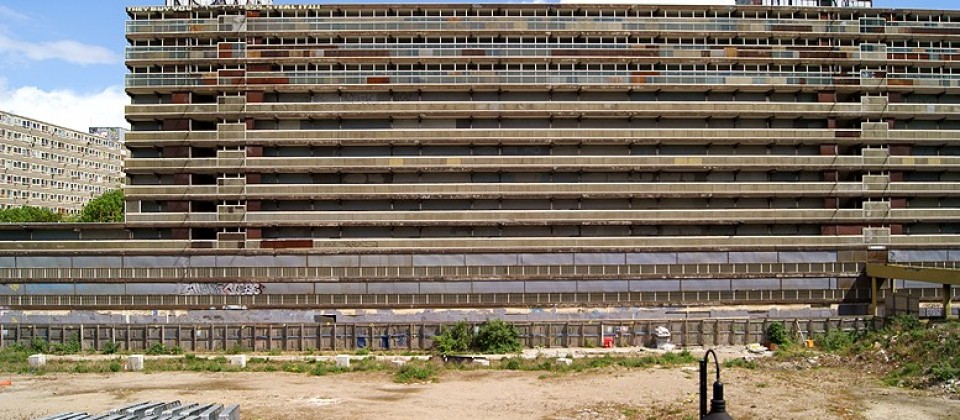Geoffrey DeVerteuil – Cardiff University – School of Planning and Geography
The focal point for this book is on the ‘how’ of resilience, the on-the-ground processes surrounding the fate of residual inner-city areas deemed ‘service hubs’ (e.g. clusters of voluntary sector organizations) faced with the threat of gentrification-induced displacement. Put as a question, what accounts for their resilience when other arrangements of collective consumption (especially social housing) have been severely curtailed or fallen by the wayside entirely? After all, even those most convinced of pervasive neoliberalism acknowledge that residual mechanisms of support, survival and ‘staying put’ from bygone eras still persist in the city – it is just that they ignore or assume away the resilience inherent in this process, the actual means of resilience, the agents of resilience, the consequences of such resilience, and how these tendencies may differ comparatively. These empirical and conceptual gaps will map onto to five cornerstones that structure the book: neoliberalism and post-welfarism as the context and the threat; resilience as the response and the organizing concept; the voluntary sector as the agent; the inner-city as the territorial focus; and comparison as the method. Empirically and comparatively, I wish to see how processes of resilience play out across 10 different inner-city neighborhoods in 3 global city-regions (London, Los Angeles and Sydney), in an attempt to learn from these places, both differences and similarities. The book makes the following contributions. First, I will bring critical intent to the concept of resilience, the production of which is usually seen as regressively status-quo, by developing what I deem a ‘critical resilience of the residuals’ whereby the relics of previously more equitable (Keynesian) arrangement are protected and defended. Second, I will present a more ambivalent, if not supportive, version of the voluntary sector. Third, I will advance a more complex interpretation of inner-city territory, one buffeted by multiple motivations that can breed resilience, rather than advancing a purely punitive representation. Fourth and finally, my comparative approach will valorize overlooked, ordinary agents and practices (of care, sustenance, abeyance) within global-city regions, and propose novel approaches to comparing the voluntary sector and resilience comparatively. Further, I will use the rich empirical material to explore some empirical questions around the degree of similarity and difference across the Australian, UK and US welfare state and voluntary sector settlements. The results suggested that the more uneven and autonomous, yet increasingly skeletal American local welfare settlement contrasted with the more supported and centralized (yet relatively inflexible) Australian and UK systems. Resilience could never be assumed – it has become in and of itself a struggle, with advantages but also disadvantages for the voluntary sector.


Leave a Reply